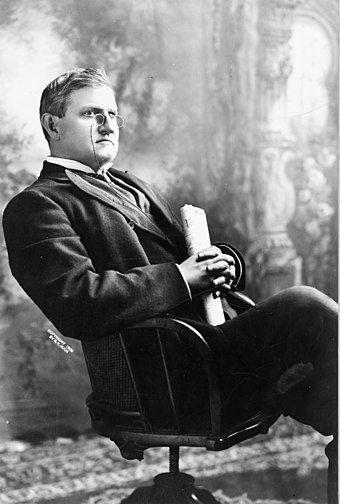Tillman Act of 1907

Passed with broad support and signed into law on January 26, 1907, by Republican President Theodore Roosevelt, the Tillman Act Banned corporations from making monetary contributions to federal candidates and national banks from contributing to political campaigns. The Act was a response to growing concerns about the influence of corporate money in federal elections following revelations during the 1904 presidential election that corporations had made substantial contributions to political campaigns. The public outcry and media attention surrounding these corporate contributions pushed Roosevelt to call for legislation to prohibit such donations.
“It is obvious that a deterrent, an actual prohibition, is needed to shut off the corrupting stream that flows from corporation treasuries,” the New York Times stated at the time.
President Roosevelt strongly supported the principles behind the Tillman Act of 1907. He was an advocate for limiting corporate influence in politics and increasing government accountability.
President Roosevelt, who received money from the Republican Party during the 1904 election cycle, tried to get ahead of the insurance scandal, telling Congress in December 1905, “if [political contributions] are extorted by any kind of pressure or promise, express or implied, direct or indirect, in the way of favor or immunity, then the giving or receiving becomes not only improper but criminal. It will undoubtedly be difficult, as a matter of practical detail, to shape an act which shall guard with reasonable certainty against such misconduct; but if it is possible to secure by law the full and verified publication in detail of all the sums contributed to and expended by the candidates or committees of any political parties, the result cannot but be wholesome.”
In his annual message to Congress on December 3, 1906, Roosevelt addressed the issue of corporate contributions to political campaigns, saying “All contributions by corporations to any political committee or for any political purpose should be forbidden by law; directors should not be permitted to use stockholders’ money for such purposes, and, moreover, a prohibition of this kind would be, as far as it went, an effective method of stopping the evils aimed at in corrupt practices acts.”
Roosevelt argued that corporate contributions undermined public trust and created opportunities for corruption in government, “It is important that legislation should be enacted to make certain that corporations cannot contribute to political campaigns and that political leaders cannot use their influence to extort money improperly.”
Roosevelt tied his support for banning corporate contributions to his broader efforts to curtail monopolistic power and promote fair governance. He saw the reform as part of a necessary effort to protect democratic institutions from undue corporate influence.
While Roosevelt championed the principles behind the Tillman Act, it’s worth noting that the Act itself was somewhat limited in scope. It did not include strong enforcement mechanisms, and corporations often found ways around it through indirect contributions. Roosevelt’s broader legacy reflects his focus on expanding regulatory oversight, such as through the establishment of the Bureau of Corporations and his support for antitrust laws.
Tillman Act of 1907 (1907) | The First Amendment Encyclopedia
